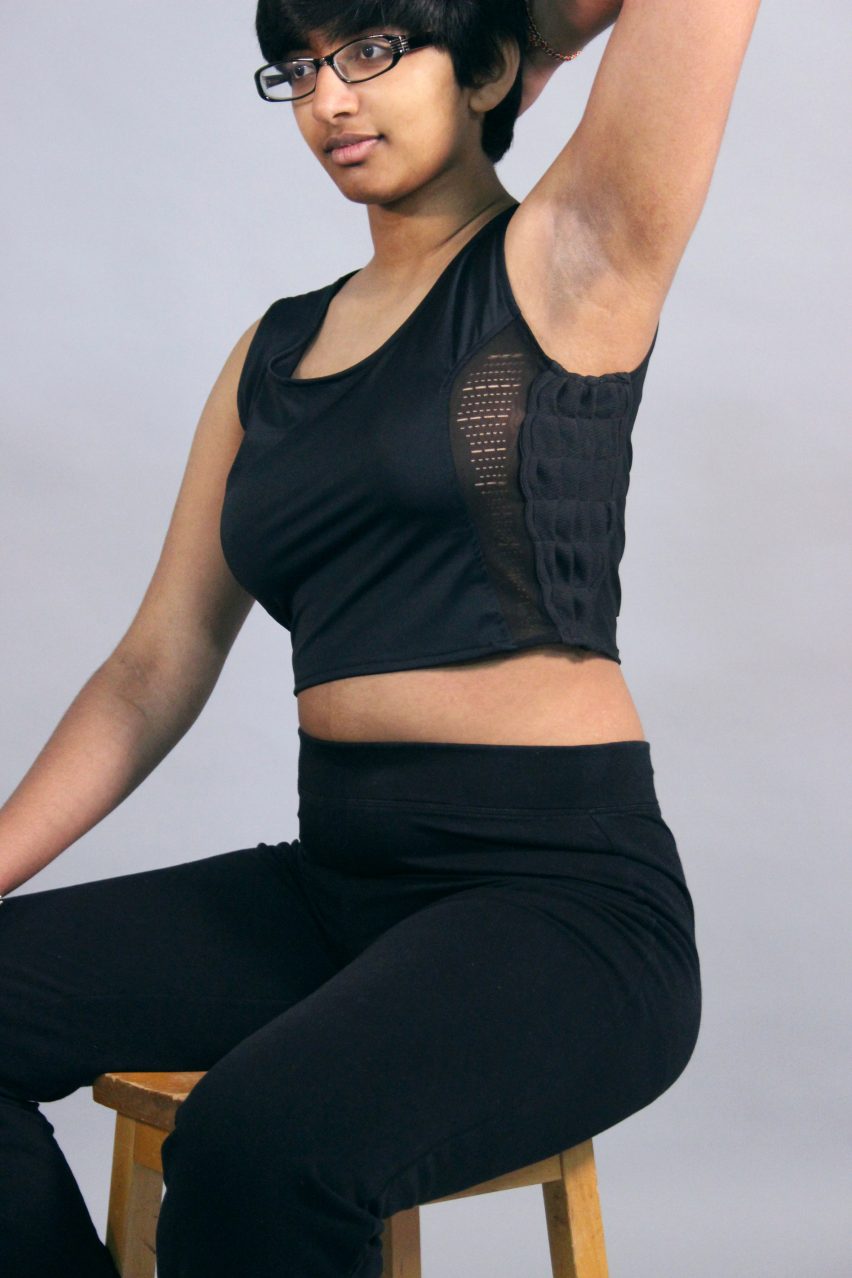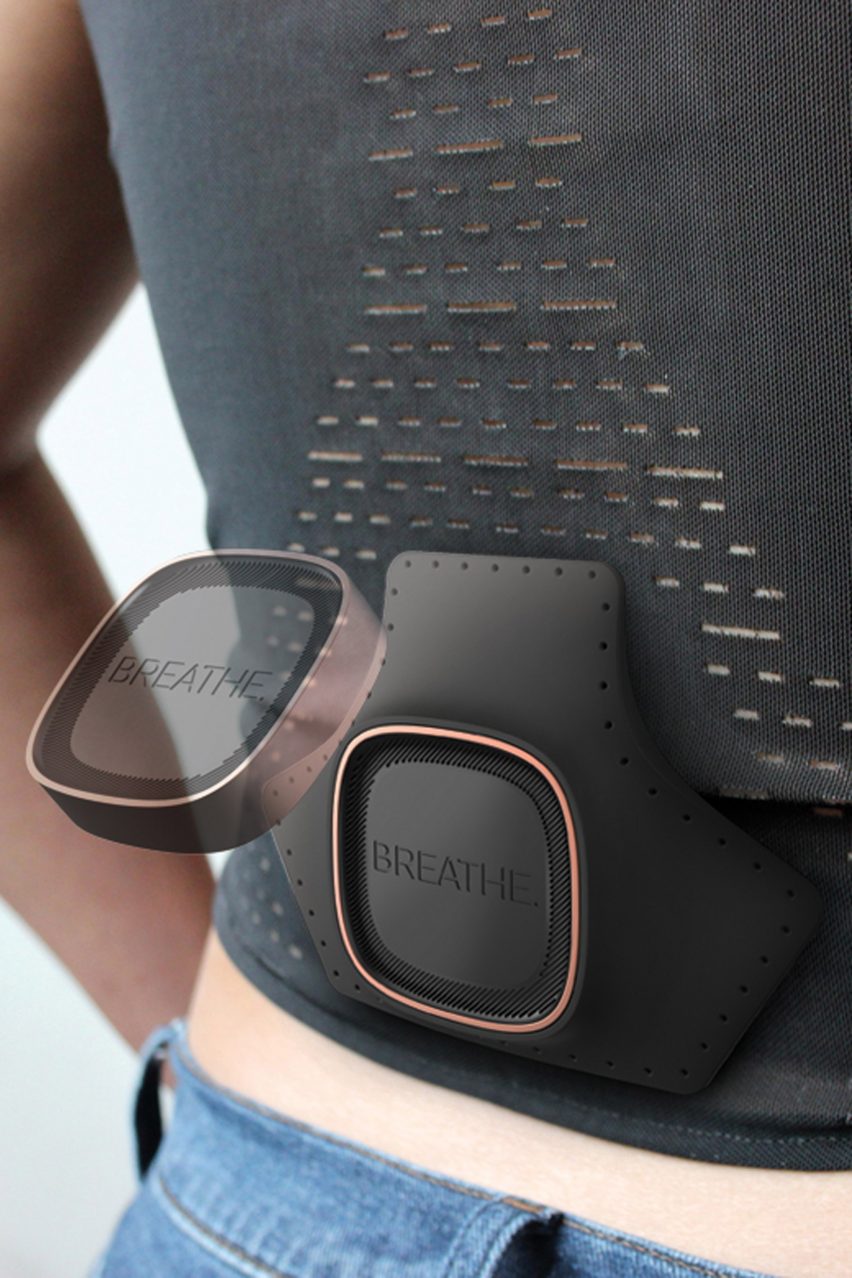Smart chest binder promises to ease pain for trans people
Transgender men and non-binary people have a safer, more comfortable option for chest binding in the form of Breathe, a smart garment designed by Loughborough University student Miles Kilburn.
The student designer created Breathe as his final year project in Loughborough's Industrial Design and Technology course.
The product caters to people who practice chest binding, which involves flattening the breasts to give the appearance of a more masculine chest.

Unlike established methods of binding — which vary from commercial binders to DIY bandages and tape — Breathe can be easily loosened throughout the day, providing the wearer with moments of much-needed respite.
Kilburn points out that while chest binding is associated with improved mental health for its users, there can be bad physical side effects, including back and chest pain and rib fractures.
Overbinding is also linked to rashes, shortness of breath and overheating.
And although wearers might want to take a break by loosening the binder, sometimes they lack the time and privacy to do so, especially if they're at work or school.

While consulting with trans student groups, Kilburn came up with a fix; he wove Breathe with a smart material whose nature changes at the push of a button.
The material is nitinol, an alloy of nickel and titanium. Threads of it run laterally across the binder, connecting to elastic in the garment's side panels.
When Breathe is in its regular state, this elastic pulls in all the excess material, keeping the binder uniformly tight.
But when the wearer pushes a button on Breathe's small accompanying remote, the nitinol is electrified, making it contract and pull the elastic wide, so it's no longer holding the fabric taut. The wearer can then enjoy the more relaxed fit until deactivating the nitinol.
Kilburn also incorporated a feature that automatically loosens Breathe during sport, if the wearer desires.
He hopes that one day Breathe will be offered through the NHS, providing a possible alternative to top surgery, i.e. breast removal.
"Top surgery is very much an expensive and permanent decision, so for many transgender people having a product like Breathe could be an alternate option which gives them more time to consider whether they want surgery whilst experiencing much less pain from binding," said Kilburn.

He consulted on the development of Breathe with Transform, Loughborough University's transgender group, running a "co-design workshop" with its members. He also gathered opinions from online forums.
One Transform member shared positive feedback about Breathe.
"Chest binding is a way for me to feel more masculine when I'm going outside because it flattens out my chest and it means I feel more comfortable presenting as male," said a member called Jamie.
"The problem that I face is more to do with discomfort – it gets very hot. I think Breathe could definitely help because it reduces discomfort and means that people can use their binder for more situations; they don't need to take it off for sport, for example."

While brands are currently flying the flag for Pride Month with various rainbow-patterned products, there are arguably few products that cater to the specific needs of trans people.
Student designers have regularly led the way in health and medical innovations in recent years. In two examples, Central Saint Martins product design graduate Marie-Claire Springham created a chest-feeding kit for new fathers, while Design Academy Eindhoven graduate Alissa Rees went with a wearable IV drip.
Breathe was on display at Loughborough University's Design Degree Show from 13 to 15 June.